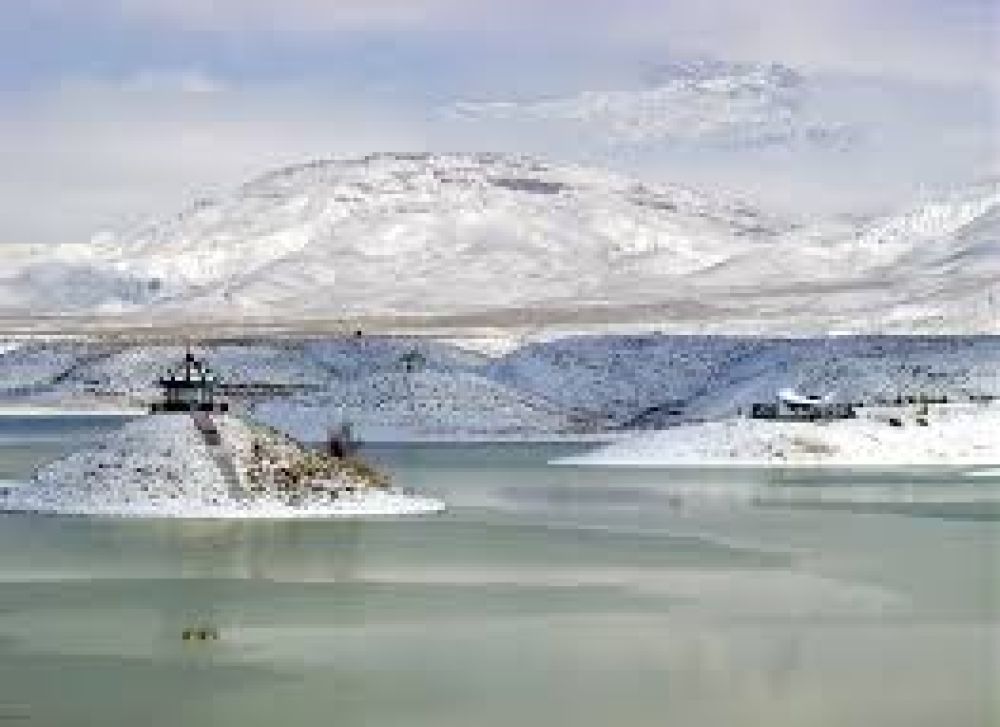

Hanna Lake is a picturesque body of water located near Quetta, the provincial capital of Balochistan, Pakistan. This lake was constructed during the British Colonial era in 1894. The construction of Hanna Lake was carried out by the British Empire to cater to the water needs for the city of Quetta, and it played an instrumental role in the development of the region.
The history of tourism in Hanna Lake dates back to the early 1900s when it became a sanctuary for colonial officers and their families seeking respite from the heat of the Indian subcontinent. The serene environment, coupled with the greenery surrounding the lake, created a tranquil retreat that was appreciated by visitors. Over the decades, Hanna Lake has become a popular destination among local tourists, nature enthusiasts, and adventurers.
During the 20th century, Hanna Lake became more accessible to the public. The establishment of amenities such as the Hanna Lake Boating Club in the late 1970s further enhanced its appeal as a tourist spot, offering recreational activities like boating and picnicking. The charming lakeside restaurant, erected on the lake's banks, also became a popular spot for families and tourists.
In recent years, Hanna Lake has seen a resurgence in its popularity as a tourist destination, thanks to improved security in the region and enhanced infrastructure. The local government has made conscious efforts to promote tourism in Quetta, and Hanna Lake is often highlighted as a must-visit spot in Balochistan.
The addition of facilities for visitors, such as the installation of public benches, development of walking tracks around the lake, and the provision of boating services have made the site more tourist-friendly. Moreover, local festivals and cultural events have been organized at Hanna Lake to showcase the heritage and traditions of Balochistan.
In line with global tourism trends, ecotourism and sustainable travel practices are being gradually introduced in the Hanna Lake area. There is a growing emphasis on preserving the natural beauty of the lake and its surrounding landscapes. Tourists are encouraged to engage in activities that have minimal environmental impact, such as bird-watching, hiking, and enjoying the natural flora and fauna.
Adventure tourism has also become increasingly popular at Hanna Lake with opportunities for mountain biking and trekking in the nearby Urak Valley. Social media and digital technologies are playing a significant role in promoting the lake's attractions, with many visitors sharing their experiences online, thus drawing in more domestic and international tourists.
The future of Hanna Lake as a tourist destination looks promising, with plans for further development and conservation efforts. As part of a sustainable tourism approach, it is crucial to balance the preservation of the lake's natural beauty with the amenity needs of the growing number of visitors. The timeless appeal of Hanna Lake continues to draw people seeking tranquility and natural splendor in the heart of Balochistan.